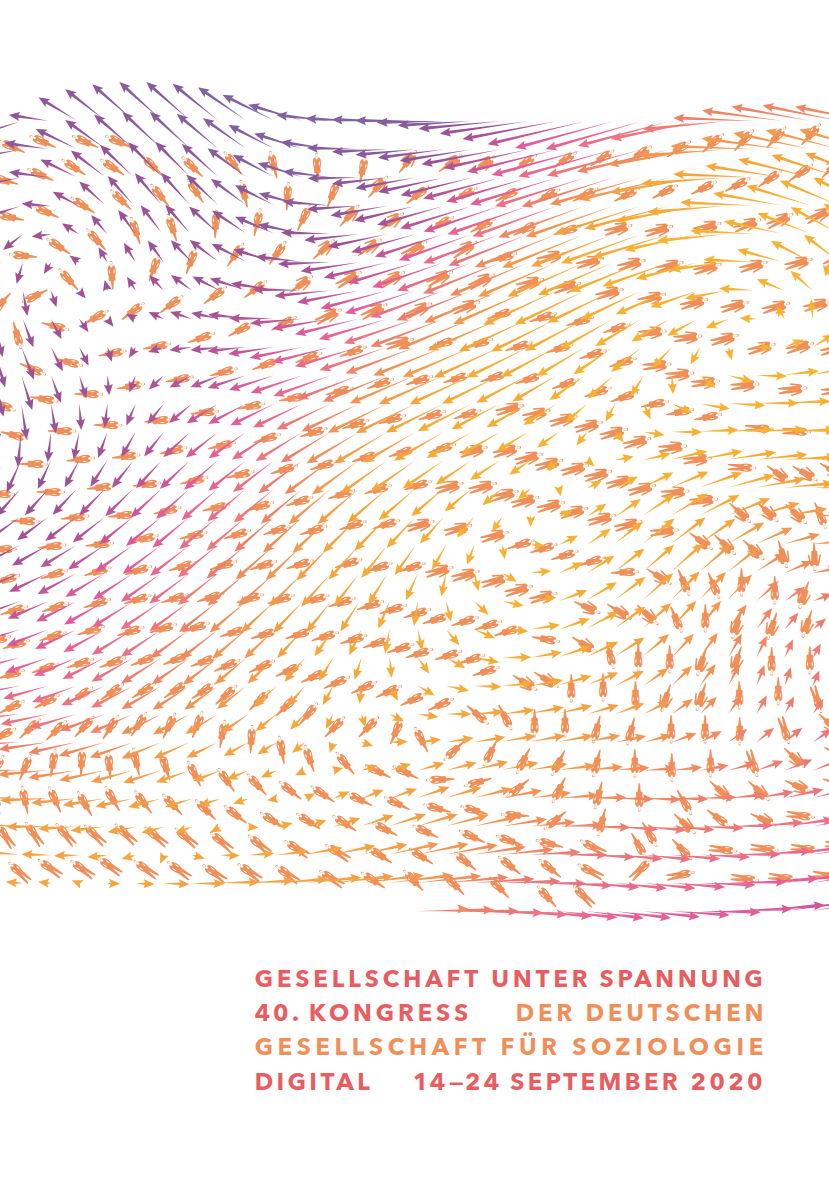Petri Nets for Modelling Norms of Social Exchange
Schlagworte:
Petri nets, social network analysis, computer simulation, social exchange, models of social norms, Kula ringAbstract
Traditional social network analysis is mainly interested in the topology of networks and less in the flow of items passing through these channels. Thus, sociological analyses dealing with the norms and rules of exchange between individual or collective actors are beyond the capacities and interests of traditional network analysis. For this reason, the author proposes to consider for such purposes the Petri net approach, which was originally designed for describing concurrent processes in computers and other automata. On the grounds of his earlier experiences with this approach, he suggests to use and adapt its concepts in order to describe phenomena like commercial exchange, gifts and return gifts, reciprocity, and the equivalence of exchange. In most of these cases, the flows of goods are paralleled by return flows of money, other goods, or prestige, such that use of Petri nets imposes itself.
In order to demonstrate the usefulness of the Petri net approach, the author presents a formalisation of the Kula trade: in his classic book about the Argonauts of the Western Pacific, Malinowski describes two counter-rotating rings of the so-called Kula trade with prestige goods, i.e. beautiful necklaces and arm shells, which are exchanged between a group of islands in the Western Pacific. The function of this trade is non-commercial: it serves for maintaining the social cohesion between the participating tribes by a regular and reciprocal exchange of equivalent gifts. A formalisation of the Kula trade with elements from the Petri net approach allows to study the conditions under which the mentioned regularity and reciprocity of this trade are maintained or violated. Due to the complex nature of the studied Petri net, computer simulations are used, by which means the number of items available for exchange, different social reciprocity norms, and other parameters can be varied.
Downloads
Veröffentlicht
Ausgabe
Rubrik
Lizenz
Beiträge im Verhandlungsband des 40. Kongresses der Deutschen Gesellschaft für Soziologie werden unter der Creative Commons Lizenz "Namensnennung-Nicht kommerziell 4.0 International (CC BY-NC 4.0)" veröffentlicht.
Dritte dürfen die Beiträge:
-
Teilen: in jedwedem Format oder Medium vervielfältigen und weiterverbreiten
-
Bearbeiten: remixen, verändern und darauf aufbauen
unter folgenden Bedinungen:
-
Namensnennung: Dritte müssen angemessene Urheber- und Rechteangaben machen, einen Link zur Lizenz beifügen und angeben, ob Änderungen vorgenommen wurden
-
Nicht kommerziell: Dritte dürfen das Material nicht für kommerzielle Zwecke nutzen


